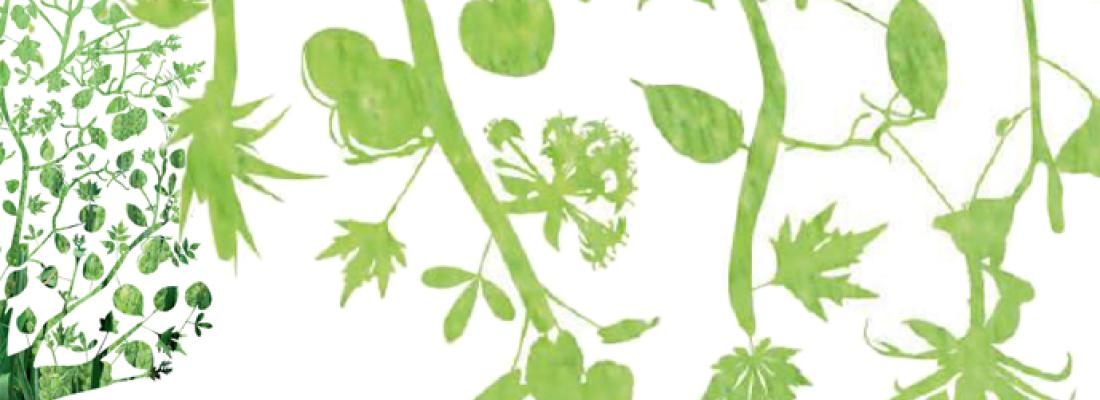Agroecology Reading time 2 min
Ecophyto R&D: which options to reduce pesticide use?
Published on 28 January 2010

The Environmental Round Table (Grenelle de l’Environnement) aims at reducing pesticide use by 50% within ten years by accelerating the use of alternative methods.
In 2007, commissioned by the French Ministries of Agriculture and the Environment, INRA launched a study on low-input agricultural production methods. This includes four sectors: arable crops, fruit orchards, viticulture and vegetables. For each of these sectors, different strategies for limiting the use of pesticides have been analysed. The economic and environmental impact of these strategies has been evaluated, on the scale of France, for different scenarios.
INRA was in charge of the technical conduct of the study, mobilising some 80 experts from the Institute and from academia, agricultural development agencies and technical experts from the relevant Ministries. The results aim at informing public decisions and methods for implementing them. They do not constitute a source which can be used directly to pilot technical changes at a local or farm level.
